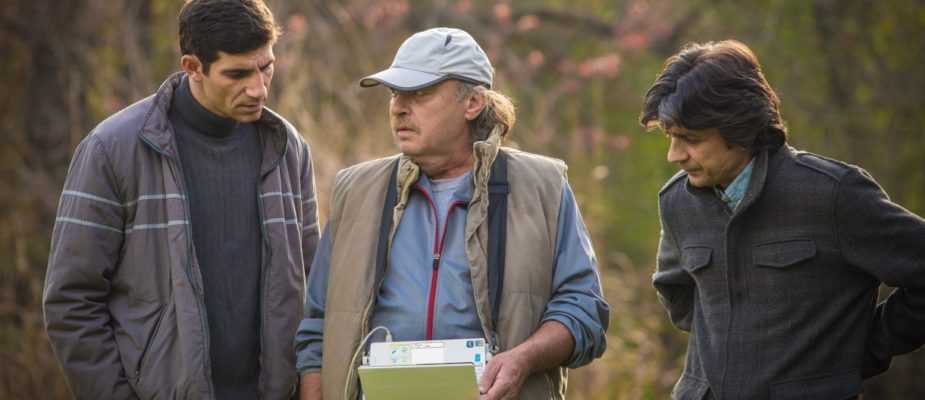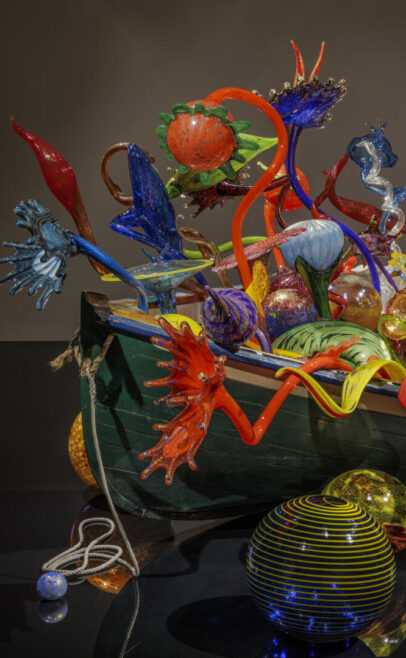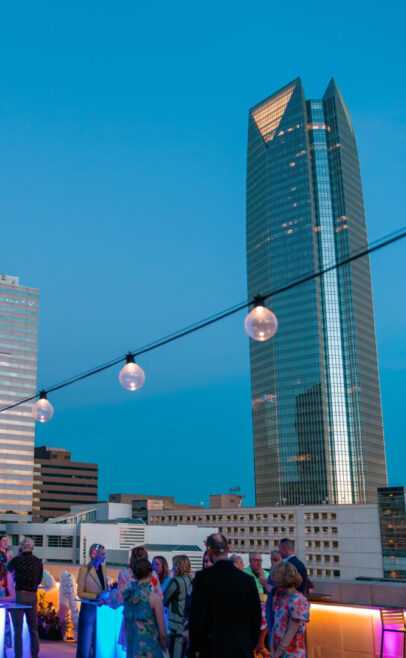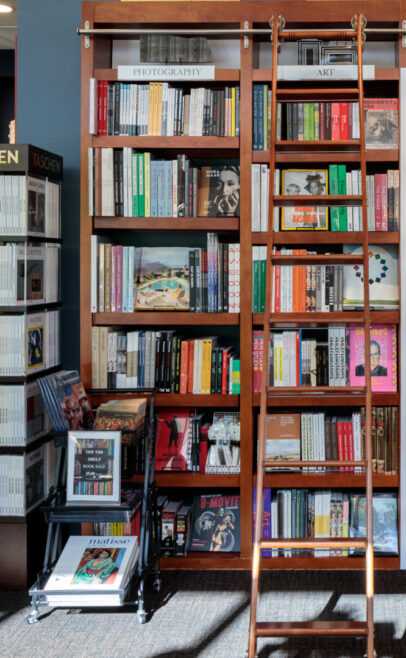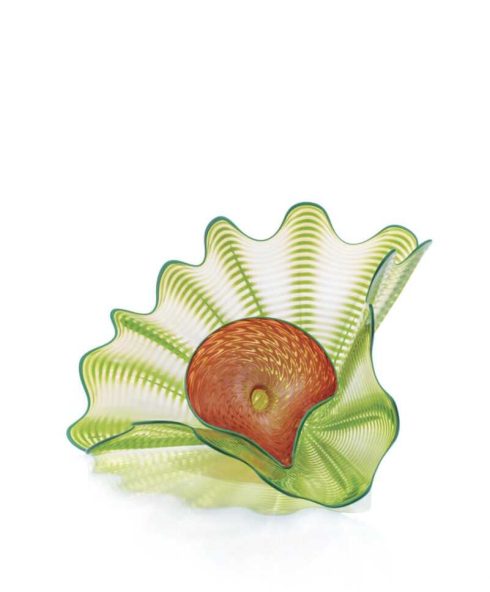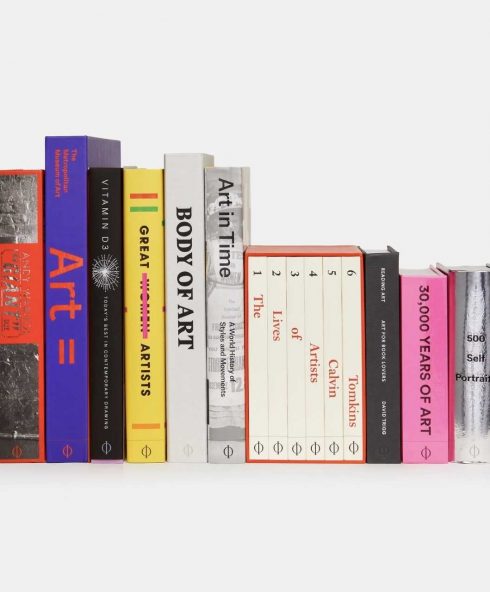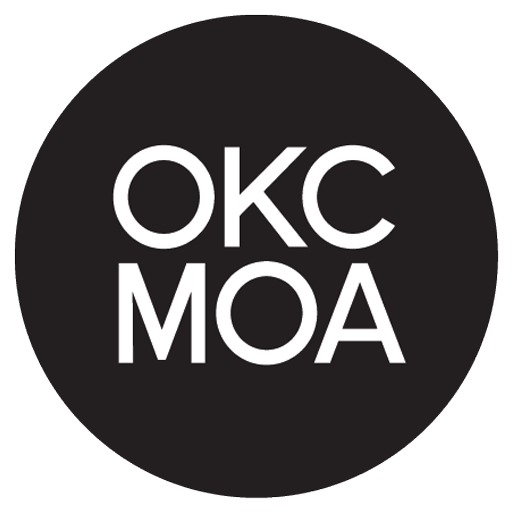Lost in the news of and the pursuant controversy created by this year’s Oscar nominees — as if there were a world in which the Academy actually mattered as much as everyone is pretending it does — is yet another sign of the cinema’s 21st-century vitality; another signal of a medium of personal expression and historical reexamination that has almost nothing to do with the Hollywood industry. Not that there is any time of year in which a small Romanian art film like The Treasure (2015, Comoara) is going to generate even the slightest amount of attention — though at least outside of Oscar season it wouldn’t be competing with supposedly serious works that, in most cases, are every bit as commercially calculating and aesthetically indifferent as your standard summer blockbuster. In times like Oscar season, it almost seems enough to revive that old art vs. commerce canard and direct it anew against the Academy, were it not for your occasional Carol’s or Mad Max: Fury Road’s (nominees that actually engage with film history and represent a genuinely creative vision). There is life (however endangered) everywhere in cinema, even in the prestige period film and the action blockbuster, which is to say even Oscar.
Then again, even this last acknowledgment strikes me with some trepidation as it would seem to provide cover for those to whom a film like The Treasure doesn’t immediately appeal; it would be easier to say that The Treasure represents cinema as art and the Oscar film as disposable commodity, and be done with it. Well, unfortunately, it’s not that easy — or fortunately, I suppose, given that this theater will be programming all Oscar all the time (including Andrew Haigh’s strong marital melodrama, 45 Years, which is definitely a nominee that deserves to be seen by as large an audience as possible) after The Treasure’s January 22-24 run. Yes, we at Museum Films need to both attract audiences and also be about something — and that something is giving Oklahoma Citians access to other cinema, to works that are not only entertaining but have opinions about the art and world in which they were made; it isn’t, sorry to say, about celebrating the Academy, much as it will soon appear.
The funny thing about the funny ‘Treasure is that it shouldn’t have to be polemical programming. The fourth comedic feature by Romanian auteur Corneliu Porumboiu (When Evening Falls on Bucharest or Metabolism), The Treasure opens with the thirty-something Costi (Toma Cuzin) reading his young son the story of Robin Hood. A neighbor, Adrian (Adrian Purcarescu), soon interrupts, knocking on their Bucharest apartment door. Adrian confides his terrible financial situation to Costi, noting that he was especially hard hit by the last financial crisis; to this, Costi questions his business acumen, noting, in response to Adrian’s work in the publishing industry, that only two percent of Romanians read. Costi initially turns down Adrian’s request for money, before changing his mind when Adrian confesses his plan for the 800 €: Adrian plots to rent a metal detector in order to locate a rumored cache of buried treasure (that had been hidden long ago by one of his wealthy ancestors). The middle-class Costi is game, so long as they split their discovery, as is his wife, in a reflection of the misplaced priorities of contemporary middle-class Romanian society — where a get-rich-quick scheme is embraced in lieu of actual charity or hard work.
With a metal detector and operator hired on the sly, Costi and Adrian set off for the Romanian countryside, to a village that witnessed the beginning of the Revolution of 1848 (a detail that leads Costi and his wife to believe that Adrian’s story might just be true). Once there, the two will begin a long day of waiting around, first for the operator Cornel to arrive (Corneliu Cozmei), and then for Cornel to test the large property that Adrian’s family has inherited. It is at this point that The Treasure begins to more closely resemble the director’s outstanding previous work, including Police, Adjective (2009), where a young officer is forced into observing a teen who smokes pot and may be supplying — though not selling to — his friends. As in that earlier major achievement, Porumboiu emphasizes the experience of waiting and the dead-time moments of what would seem, to the Western art-house viewer, a pointless investigation. Indeed, as became explicit in the director’s previous feature, When Evening Falls on Bucharest or Metabolism (2013), which screened at the Museum in March, this is a cinema that owes a major debt to the long-take modernism of Italian master Michelangelo Antonioni; the monotony of the experience — waiting, and also digging — begets the film’s distended form. (Porumboiu also intersperses a couple of images of the detector’s computer monitor, in an echo of the intestinal video that gives When Evening Falls on Bucharest its Metabolism subtitle, and more distantly the on-screen text of Police, Adjective that does the same for “adjective”; there, in other words, is a modernist heterodoxy at play here as well.)
As they progress in surveying the large plot, Cornel and Adrian increasingly butt heads, with the former insisting: “I worked all my life. I don’t go digging after treasure.” To this, Adrian comes back that Cornel is spouting Communist slogans, something that Cornel forcefully denies, putting forth that Adrian is misrepresenting history. In any case, Porumboiu does seem to be making the argument that little has changed in Romania since the 1989 Revolution, an event that the director parodied in his first feature 12:08 East of Bucharest (2006), which further established the template for a time-obsessed art that could be said to define the New Romanian cinema (a major movement in the past decade) as a whole. In particular, The Treasure emphasizes the degree to which a new bureaucracy has taken the place of the old, with the state, as we learn before their investigation begins, being entitled to a 30% cut of all old coins, which have been designated a part of the national heritage. Without spoiling the rest of the plot and its unexpected turn, suffice it to say that The Treasure will also feature a bumbling police investigation in the same spirit as the one that brilliantly closes Police, Adjective, while subverting virtually every expectation for how things will proceed for the two treasure hunters.
In the end, The Treasure reaffirms Porumboiu’s place on the captain’s table of world art cinema as one of the few filmmakers who, in work after work, manages to convey a very distinctive authorial vision; droll comedies all, his fiction features are both wholly his own and belong, indistinguishably, from his identity as a festival-circuit Romanian filmmaker. For all of these reasons, The Treasure was for me one of the ten best world premieres of the past twelve months, and easily exceeds most of the films that are vying for a Best Picture trophy (including frontrunners Spotlight and The Revenant). By all means, see all of the nominees — I too will watch as many as I can; it makes the broadcast more watchable, if not also maddening — just don’t do it at the expense of films like The Treasure that are truly advancing the art by their attempts to understand their own special corners of the globe.
